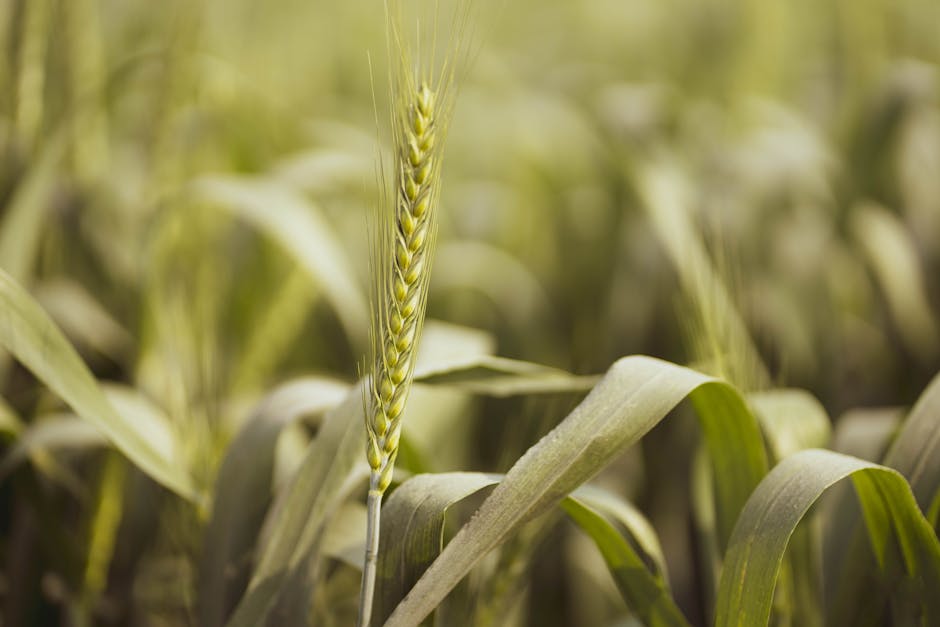A significant concern is the escalating impact of climate change. Unpredictable weather patterns, including increased frequency and intensity of droughts, floods, and extreme temperatures, severely disrupt crop yields and livestock production. Rising sea levels threaten coastal farms, while altered rainfall patterns make irrigation management increasingly challenging. This necessitates a shift towards climate-smart agriculture, which involves adopting drought-resistant crops, implementing efficient irrigation techniques, and incorporating carbon sequestration practices to mitigate greenhouse gas emissions. Furthermore, farmers need access to accurate and timely climate information to make informed decisions regarding planting schedules and resource allocation.
Another pressing issue revolves around water scarcity. Agriculture is a major consumer of water resources, and growing populations coupled with changing climate patterns exacerbate water stress in many regions. Inefficient irrigation methods contribute to significant water losses, highlighting the need for improved water management practices. This includes investing in drip irrigation, rainwater harvesting, and precision agriculture technologies that optimize water use. Furthermore, addressing water pollution from agricultural runoff, which contaminates rivers and groundwater, requires a holistic approach that integrates sustainable farming practices and stricter regulations.
The dwindling fertility of arable land poses a significant threat to global food production. Intensive farming practices, often driven by the demand for higher yields, deplete soil nutrients and organic matter, leading to soil degradation and erosion. This reduction in soil health compromises crop productivity and necessitates the use of synthetic fertilizers, which can have detrimental environmental consequences, including water pollution and greenhouse gas emissions. Implementing sustainable soil management practices, such as crop rotation, cover cropping, and no-till farming, is essential for restoring soil health and reducing reliance on chemical inputs. Promoting agroforestry systems, which integrate trees and shrubs into agricultural landscapes, can further enhance soil fertility and biodiversity.
Pests and diseases continue to inflict substantial damage on crops and livestock. Climate change exacerbates the spread of pests and diseases, while the overuse of pesticides has led to the development of resistant strains, rendering many control measures ineffective. Integrated pest management (IPM) strategies, which combine various control methods including biological control, cultural practices, and targeted pesticide applications, are crucial for minimizing the use of harmful chemicals and promoting environmentally friendly pest control. Furthermore, research and development of pest-resistant crop varieties are vital for enhancing crop resilience.
The economic viability of farming is increasingly challenged by fluctuating commodity prices, rising input costs, and limited access to markets. Many smallholder farmers, who constitute a significant portion of the global agricultural workforce, struggle to achieve profitable yields due to limited resources, lack of access to credit and insurance, and inadequate infrastructure. Supporting smallholder farmers through access to credit, improved market linkages, agricultural extension services, and farmer cooperatives can help strengthen their resilience and ensure sustainable livelihoods. Fair trade practices and policies that ensure equitable prices for agricultural products are also critical for the economic well-being of farmers.
The global food system faces immense pressure to provide sufficient, safe, and nutritious food for a growing population while minimizing its environmental impact. This necessitates a transformation towards more sustainable agricultural practices. This shift involves adopting agroecological approaches, which integrate ecological principles into agricultural management, to enhance biodiversity, improve soil health, and reduce reliance on external inputs. Promoting sustainable intensification, which aims to increase yields while minimizing environmental impacts, is also crucial. This requires a holistic approach that encompasses crop improvement, resource management, and technological innovations.
Finally, a shortage of skilled labor, particularly in developed countries, poses a significant challenge. The aging farmer population and the perception of farming as arduous and less lucrative compared to other professions discourage young people from entering the agricultural sector. Attracting and retaining skilled labor requires initiatives that improve working conditions, enhance the profitability of farming, and promote the image of agriculture as a dynamic and rewarding career. Investment in agricultural education and training is also essential for developing a skilled workforce equipped to tackle the challenges of modern agriculture.
In conclusion, the challenges facing farmers are complex and interconnected, requiring a multi-pronged approach that integrates technological innovation, sustainable farming practices, supportive policies, and robust market systems. Addressing these issues requires collaboration among governments, researchers, farmers, and consumers to create a more resilient, sustainable, and equitable food system capable of meeting the needs of a growing global population while safeguarding the environment. The future of food security hinges on our ability to effectively navigate these critical challenges.
